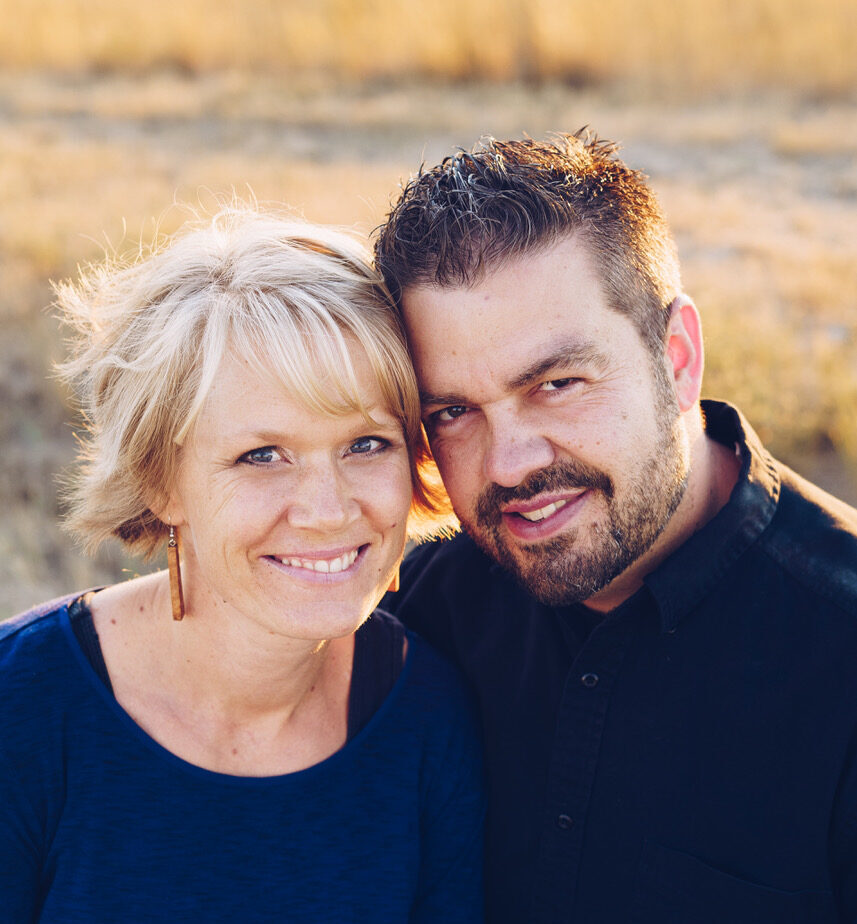Tips for People Offering and Receiving Health Advice

By Heidi Jost
Knowledge is at our fingertips. This has infused us with a sense of confidence and understanding about health and disease that we actually may not have. I know well the adrenaline rush of online research that causes me to think I’ve found a cause or a cure for someone’s suffering.
While we have advanced greatly from the time when Greek and Roman “doctors” treated all sickness by the four bodily “humours” (fluids) theory, scientific medical understanding still has a long way to go.
It is humbling to say “I don’t know” in the face of suffering. Look at Job of the Bible, and his friends. They sat in silence with him for a week, but after that they couldn’t shut up, offering theory after wrong theory about why Job had experienced such devastating loss. They offered partial truths and diagnoses with a lot of dangerous, false views about God mixed in, and at the end, God told Job to offer sacrifices on their behalf so that He “would not deal with them according to their folly.” Note also that God did not tell Job the cause of or cure for his suffering.
To those who are seeking to help their suffering friend, here are some thoughts to keep in mind:
- Ask, but try not to advise. A friend who was in final stages of cancer had to request that others not suggest treatment methods when they learned of her terminal diagnosis. That’s how pervasive the helpful bug is. Respect other people’s intelligence and ability to research, consult medical professionals, and treat themselves. Instead, ask about the disease/chronic condition if your friend is willing to share about it. Be the pupil, not the teacher.
- If you really believe you have some vital knowledge to share with your suffering friend, at least preface it with “I don’t know if this applies to you, but…” A friend sent me an email with that phrase, and then suggested a Type 1 diabetes (T1D) support resource. To be honest, I listened to her and actually checked out the resource (super helpful!) in a large part because she presented it with that phrase and also because she communicated in the email that she’d taken time to try to understand the basics of T1D.
- Unless asked, don’t offer ideas about what caused the condition/disease. Especially if it is autoimmune, chronic, or terminal. I speak as a mother of a small child who has a lifelong autoimmune disease. I have spent many dark hours crying and agonizing over what might have made his body attack itself: Was it partly my fault? If you don’t know what or where the pancreas is in your body, or what beta cells are or how they function, then you probably also can’t answer the question leading scientists are still seeking to solve: what triggers cause an immune system to kill a pancreas’s beta cells. Our bodies are incredibly complex and many of their functions still unexplained. Let that reality make you cautious with your words.
Now to those who are suffering – can I have your ear for a moment? Even though I don’t have the autoimmune disease and I don’t receive the insulin injections or finger pokes, I literally spend 18-20 hours a day thinking about and making decisions for my son’s disease until he is old enough to take over the huge weight of his own care. I’ve read books, online articles and studies, and consulted often with professionals about T1D. I know this is nowhere near the same as actually living the disease, but my main point here is that I’m a far cry from the ignorant person I was at Elijah’s diagnosis.
When the doctor said, “he has Type 1 diabetes,” I sat by Elijah’s scrawny body on that hospital bed, vacantly trying to drum up what I knew about Type 1: that people who “had it” sometimes had to eat a lot of sugar but I didn’t know why, and that kids were most often diagnosed. That’s it. I knew basically nothing. Everything I know now was hard-won knowledge gleaned through each day of seeking to keep my son alive. Which leads me into my first thought… (I know you who are suffering already have so much on your mind, so I don’t offer these suggestions blithely):
- Be forgiving. This is hard when you’re in so much pain and so exhausted. I have to remember those many previous blissful years of ignorance now, when people offer thoughts about a disease they don’t understand. If I don’t fight to focus on the caring heart behind the advice, I will a) harbor resentment which will deplete my already limited energy, or b) alienate people by responding rudely to their ignorance.
- Educate. This is also challenging to try to do on limited emotional/physical resources. But if you, who knows the ins and outs of your condition, can take even thirty seconds to offer perspective on what you’re dealing with, you will have reversed a tiny bit of the tide of ignorance out there. Think of it as a gift to yourself and to those with your condition who encounter this well-meaning person in the future. A friend who had cancer as a teen and young adult (and today deals with complications and daily pain) has patiently shared about her struggles when I ask. I appreciate that she is willing to put out this effort instead of just saying, “I’m doing okay.” Her openness has let me glimpse a world I would not otherwise know.
- Be humble, but not gullible. Okay, this one may be advice that only I need to hear. There is a hubris in me that often bristles when people who don’t live, breathe, and eat T1D offer suggestions for T1D care. I don’t want to listen to what they have to offer. This resentment/pride has prompted some insensitive responses (verbally or internally) from me to ignorant and insensitive comments. On the other hand, as I mentioned earlier, I have received truly helpful ideas from people who are not experienced in T1D. I check out suggestions if they appear to have application to T1D, and then do my own research to make sure they’re useful. I don’t have energy to expend gullibly chasing after everything people think might help my son.
We all have at least one person in our life who has a disease or source of suffering. We all instinctively want to help, to alleviate that pain. Health advice is not the best or only way to do that. Many of us believe that our job is to fix the problem, heal the suffering, and be well. God Himself let Job sit in unexplained, excruciating misery for an untold period of time. The only advice He gave Job was to trust Him and see Him for who He truly was, even in the face of such suffering. When the paralytic was laid on a mat before Jesus to be made well, the Teacher healed the man’s soul first, body second.
These were some of the most helpful words I was given early in the T1D journey: that God loved us and Elijah deeply and cared about our pain, and that He was going to use this disease to do amazing things in and through Elijah’s life in the days to come. I hung onto those words like lifelines.
We need to broaden our idea of what helping the suffering looks like. Remember that one of the greatest ways to come alongside those who are hurting is to LISTEN to their experience and PRAY for strength, wisdom, and hope in Jesus for them. Be a safe outlet for your hurting friend to process the constant challenges they deal with. Pray they can cling to Christ and His unrelenting love in the midst of all their “why me’s” and their unrelenting physical ups and downs. They need Him more than anything.

Rebecca • February 21, 2019
Heidi, wow. SO good. So good. Thank you for that, in the midst of your lack of spare time and energy!! You and Jesse have graciously dealt with us in our ignorance, and so kindly agreed to educate us. THANK YOU.
You’re my heroine, sister.
To the road ahead …
Rebecca